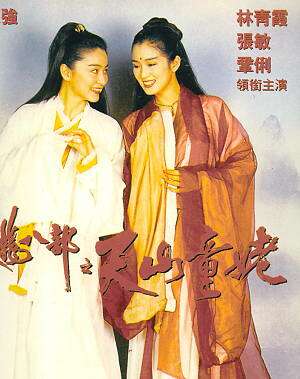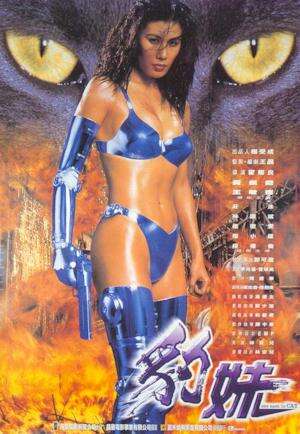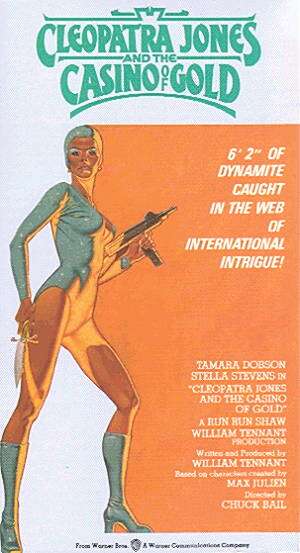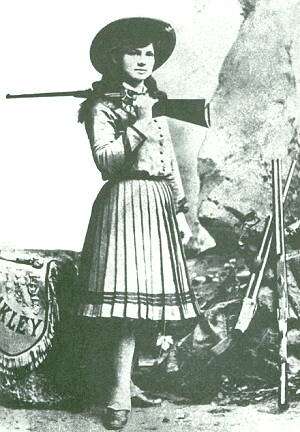★★★½
“Cool!” battles “Eh?”, and comes out ahead – albeit only after a lengthy struggle.
 Going in, I knew this had a reputation for incoherent plotting, but after 10+ years watching HK movies, I figured I’d cope. Wrong: I sank within two minutes. An incomprehensible opening voiceover makes this feel like part 17 of an ongoing series; from there on, characters, sects, and magical kung-fu abilities (such as Shifting Stance, which lets you blink in and out of reality, or the self-explanatory Melting Stance) arrive with rush-hour frequency. Basic principle: various factions struggle for martial arts supremacy. Central to these battles are four women, who initally fight among themselves, before realising they must band together to face the ultimate enemy. If I said more, I’d be engaging in wild speculation.
Going in, I knew this had a reputation for incoherent plotting, but after 10+ years watching HK movies, I figured I’d cope. Wrong: I sank within two minutes. An incomprehensible opening voiceover makes this feel like part 17 of an ongoing series; from there on, characters, sects, and magical kung-fu abilities (such as Shifting Stance, which lets you blink in and out of reality, or the self-explanatory Melting Stance) arrive with rush-hour frequency. Basic principle: various factions struggle for martial arts supremacy. Central to these battles are four women, who initally fight among themselves, before realising they must band together to face the ultimate enemy. If I said more, I’d be engaging in wild speculation.
The fact that you don’t really know who is good, evil or any point in between does hurt the film, and every scene with dialogue seems to make things worse. Just to confuse things even more, Brigitte Lin plays two of the women, though Cheung Man perhaps does best as the feisty, light-hearted Purple, whose ambitions exceed her actual skills. Lose any desire to understand what’s happening: the sets and costumes are spectacular, and the fights are imaginative, despite cheesy visuals, and sound effects that appear to have been lifted from Return of the Jedi. Instead of following the plot, try to copy the cool magical gestures of the characters. We did. :-) Maybe some day, we too will be able to regenerate a torso from the severed stumps of our legs…
Dir: Chin Wing Keung
Star: Gong Li, Brigitte Lin, Cheung Man
a.k.a. Semi-Gods and Semi-Devils





 Clarence Ford seems to be after a PG-13 rated version of his hit, Naked Killer, reining in the sex while keeping the action. That it doesn’t succeed is more due to staggering ineptness in the superfluous attempts to give it emotional depth.
Clarence Ford seems to be after a PG-13 rated version of his hit, Naked Killer, reining in the sex while keeping the action. That it doesn’t succeed is more due to staggering ineptness in the superfluous attempts to give it emotional depth.  In the 70’s, Shaw Brothers hooked up with Western studios, to various effect, e.g. the inept Dracula and the Seven Golden Vampires, made in conjunction with Hammer. Co-production works rather better here, lending genuine exotic locations, and an endless array of stuntmen, prepared to hurl themselves off things. Jones heads to HK after a couple of her minions are captured by the evil, lesbian, sword-wielding Dragon Lady (Stevens), intent on bringing down the operation, with a little local assistance.
In the 70’s, Shaw Brothers hooked up with Western studios, to various effect, e.g. the inept Dracula and the Seven Golden Vampires, made in conjunction with Hammer. Co-production works rather better here, lending genuine exotic locations, and an endless array of stuntmen, prepared to hurl themselves off things. Jones heads to HK after a couple of her minions are captured by the evil, lesbian, sword-wielding Dragon Lady (Stevens), intent on bringing down the operation, with a little local assistance. Annie Oakley was one of the earliest “girls with guns”. In her role as a sharpshooter, performing with the likes of Buffalo Bill’s Wild West show, she travelled the globe, appearing in front of Presidents, Kings and Emperors. She shot a cigarette held by the future Kaiser Wilhelm of Germany (accuracy later deplored by American newspapers, after the nations went to war in 1917). At 90 feet, she could shoot a dime tossed in midair, or hit the
Annie Oakley was one of the earliest “girls with guns”. In her role as a sharpshooter, performing with the likes of Buffalo Bill’s Wild West show, she travelled the globe, appearing in front of Presidents, Kings and Emperors. She shot a cigarette held by the future Kaiser Wilhelm of Germany (accuracy later deplored by American newspapers, after the nations went to war in 1917). At 90 feet, she could shoot a dime tossed in midair, or hit the